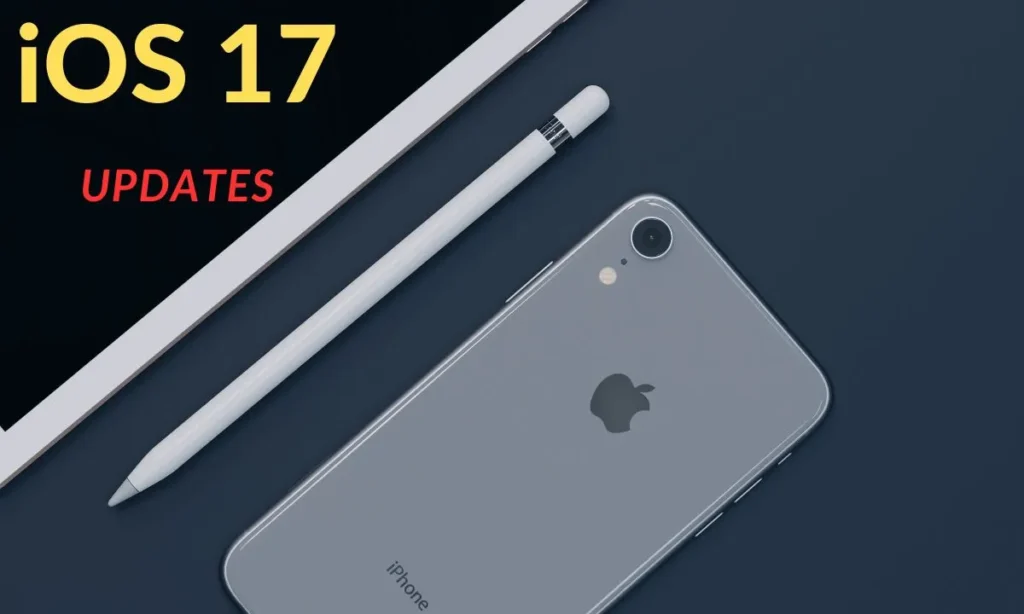For those who are unfamiliar with rechargeable batteries let me explain that they are batteries that can be recharged and reused several times. Unlike throwaway batteries, which can only be used once, the rechargeable batteries can be recharged using a charger, providing the same performance as a new battery.
Advantages of using rechargeable batteries
Rechargeable batteries have various advantages over disposable batteries. We have basically categorized them under 4 categories below :
1. Cost-effective: Rechargeable batteries are less expensive in the long term than disposable batteries. While they are more costly to acquire at first, they can be used several times, saving money over time.
2. Environmentally friendly: Rechargeable batteries are better for the environment because they generate less trash. Disposable batteries wind up in landfills, where they can harm the environment.
3. Convenient: Rechargeable batteries eliminate the need to purchase new batteries every time the old ones run out. This is especially beneficial for regularly used devices like wireless keyboards and game controllers.?
4. Performance: Rechargeable batteries can provide comparable or higher performance than disposable batteries, particularly in high-drain applications such as digital cameras and flashlights.
Check Rechargeable Batteries on Amazon
Factors to consider before buying rechargeable batteries
There are various variables to consider before purchasing rechargeable batteries. Here are a few examples:
1. Battery chemistry: The market offers numerous types of rechargeable batteries, including nickel-cadmium (Ni-Cd), nickel-metal hydride (NiMH), and lithium-ion. (Li-ion). Each has pros and cons, and you should select the one that best meets your needs.
2. Capacity: A battery’s capacity is measured in milliampere-hours (mAh) and influences how long it will last on a single charge. Higher-capacity batteries typically last longer but require more time to recharge.
3. Charger compatibility: Because different rechargeable batteries require different chargers, make sure the charger you have is compatible with the batteries you intend to buy.
4. Price: Because rechargeable batteries are more expensive upfront than disposable batteries, it is critical to examine your budget before purchasing them.
Finally, whether you should purchase rechargeable batteries is determined by your demands and tastes. While they may be more expensive in the beginning, they can save you money in the long term and are better for the environment. Before making a decision, consider the points listed above.
Benefits of Switching to Rechargeable Batteries
- Long-term cost reductions: One of the most significant advantages of using rechargeable batteries is the long-term cost reduction. While rechargeable batteries have a higher initial cost than disposable batteries, the fact that they can be recharged and used several times makes them more cost-effective in the long run. Rechargeable batteries may be recharged hundreds of times, saving you money over time, mainly if you use a number of batteries for different devices.
- A choice that is eco-friendly: When opposed to disposable batteries, which are single-use and frequently wind up in landfills, rechargeable batteries are a more environmentally beneficial option. Rechargeable batteries may be recharged and reused, reducing the amount of trash produced. This is especially significant for people who utilize a large number of batteries in their homes or business.
- A higher level of performance in high-drain devices: For high-drain gadgets like digital cameras, handheld gaming devices, and toys, rechargeable batteries are a preferable solution. High-drain gadgets require a lot of power, and throwaway batteries may not be able to meet these demands. Rechargeable batteries, on the other hand, can give significant amounts of power reliably, making them the preferable choice for high-drain devices.
- Availability in a variety of sizes and types: Rechargeable batteries, like disposable batteries, come in a variety of sizes and varieties. Rechargeable batteries are available in capacities ranging from AAA through D, as well as unique sizes such as 9-volt. Rechargeable batteries are also classified as nickel-metal hydride (NiMH), nickel-cadmium (NiCd), and lithium-ion. (Li-ion). Because rechargeable batteries come in a variety of sizes and types, they are a versatile alternative for all of your battery needs.
Rechargeable Battery That I Am Using
Everything You Need to Know Before You Buy
- An initial investment in rechargeable batteries: The initial cost is one of the most important aspects to you should consider when determining whether to purchase rechargeable batteries. While rechargeable batteries are more expensive to buy than disposable batteries, they can save you money in the long term because they can be reused. To assess which choice is more cost-effective for your needs, do the arithmetic and compare the cost of rechargeable batteries with disposable batteries over time.
- Rechargeable battery capacity and performance: The capacity of rechargeable batteries refers to the amount of power they can retain. Higher-capacity rechargeable batteries can be used for longer periods of time between charges, but they may also take longer to charge. It’s critical to examine the capacity and performance of the rechargeable batteries you’re thinking about buying, as well as whether they’ll suit your demands for the devices you want to use them with.
- Charging time & Charging options: The time required for charging and available charging methods are additional considerations when considering whether to purchase rechargeable batteries. Some rechargeable batteries may require a particular kind of charger and some may take longer to charge than others. It’s crucial to think about whether the charging options & time are practical for your needs.
- Device compatibility: Prior to making a purchase, it’s crucial to confirm that the rechargeable battery will work with the intended device. Some devices might only work with a certain kind of rechargeable battery or might not work at all with rechargeable batteries.
- Rechargeable battery durability and longevity: Rechargeable batteries can last longer than disposable batteries, but their lifespan can also be influenced by things like how frequently they are used and how they are charged. If you’re thinking about buying rechargeable batteries, it’s crucial to assess their longevity and durability to see if they’ll be a practical and affordable solution for your needs.
Which is better: Rechargeable or Disposable Batteries?
- Cost Comparison: It’s critical to look at both the short- and long-term costs of buying rechargeable batteries in contrast to disposable cells. Rechargeable batteries can be reused numerous times, which can result in long-term cost savings even though they are initially more expensive. On the other hand, throwaway batteries must be changed regularly, which over time can mount up.
- Comparison of environmental impact: Rechargeable batteries are a better choice for the environment than throwaway batteries. This is due to the fact that if they are not properly disposed of, throwaway batteries can release hazardous substances into the environment and contribute to landfill debris. Rechargeable batteries, on the other hand, can be reused numerous times, reducing the amount of trash that ends up in landfills.
- Comparing performance: Rechargeable batteries typically outperform disposable batteries in high-drain gadgets like digital cameras or game controllers. This is due to their larger capacity and ability to supply more power steadily over time. Rechargeable batteries are also available in a wide range of sizes and types, making a number of devices compatible with them. Rechargeable batteries, however, might not function as well as disposable batteries in gadgets that need a lot of electricity, such some spotlights or remote controls.
Misconceptions About Rechargeable Batteries
In this part, we’ll clear up some common misconceptions individuals may have concerning rechargeable batteries.
The lifespan of rechargeable batteries is shorter than that of disposable batteries
This isn’t always the case. Rechargeable batteries do have a limited shelf life and will ultimately need to be replaced, although this shelf life can be several hundred charging cycles, or several years of use. Disposable batteries, on the other hand, often need to be replaced after only a few hours or days.
Rechargeable batteries are not as powerful as disposable ones
This is also untrue. The difference in power output is typically insignificant, despite the fact that some rechargeable batteries may have a somewhat lower voltage than disposable ones. In reality, certain premium rechargeable batteries can function more effectively in high-drain devices like cameras and spotlights than disposable ones.
Not all devices work with rechargeable batteries
It is true that some gadgets might need a particular kind of battery or might not be compatible with rechargeable batteries, but as rechargeable batteries gain popularity, this is happening less frequently over time. Rechargeable batteries are now often found in electronic gadgets, or they may be quickly converted to use them. Before buying rechargeable batteries, it is wise to check the user guide or manufacturer’s website to confirm that the gadget is compatible with them.
Final Thoughts
If the initial investment is not a concern for you then you should definitely go with rechargeable batteries.



